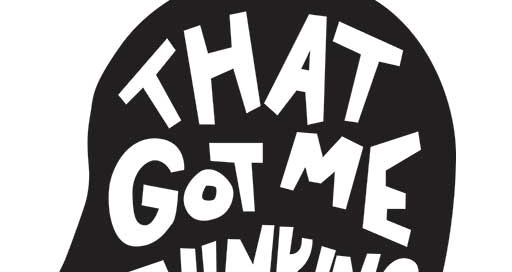The Product Sense Interview
Made famous by Facebook and Google, what is this type of interview format trying to assess?
Last post of 2021. Happy holidays! 🎄🎄 To everyone, thank you for being a reader, wishing you and your family an even better 2022!
In late 2020, I wrote “Setting up a good product manager hiring process”. Reflecting on my writing, I read “Principles of Product Management” by Peter Yang earlier last week. Peter’s a product leader at reddit and in the latter part of the book, Peter writes about the product sense interview as a way to gauge if a candidate can “turn an ambiguous customer problem into a great product.” While reading, it got me thinking…
Why has the product sense interview gotten so popular?
Why do I feel there’s are many similarities between a product sense interview and a case interview used by consulting companies?
Is it a suitable interview format?
A little background: What’s Product Sense Interview?
Where did this type of interview format originate?
Before 2010, people used the term product sense in two ways:
to describe someone who understands why people use products
to describe a person with an intuition for good product design (designer meaning interaction and usability design)
Instead of product sense, it was common to read about the “product design interview” (e.g., How might you design a kitchen?). As a reminder, this was before Uber (founded 2009), Airbnb (founded 2008), and Snapchat (2011). The iPhone was only introduced in 2007.
But as Google and Facebook grew over the last decade, so did their influence in product management. Every ex-Google and ex-Facebook product manager brought along Google’s and Facebook’s processes and techniques, including its product interview structure. To quantify the change, I took a look at Google’s keyword cost estimator comparing “product sense interview” ($3.78 - $15.39) vs “product design interview” ($2.35 - $6.96). Even more telling, is the 900% YoY change for the keyword “product sense interview questions”.
Not only that, look at the change by Google Trends for “product sense interview” search term.
Enough with the history; what does this mean?
As I thought more about the product sense interview, I realized how it's also “matured” over time from the most straightforward product design interview question, which focused on the user or “human-centric-design”. Product sense interview questions are still “user-centered”, but now, there’s an additional element that many people call out to get “extra credit”, which involves identifying the optimal metrics that measure outcomes for your product.
In this way, product sense matured from user > user’s goal > solution(s) > metrics on goal. I’ve certainly written about metrics (here and here). Perhaps the metrics portion was added by ex-consultants who transitioned into product management. Or, it’s the natural maturing of product management. I couldn’t tell.
In any case, the maturing of product sense interviews has resulted in a competition to “prep” where candidates spend more resources to “pass the interview”. For a company like Google and Facebook, where rejecting a qualified candidate (false negative) so it can ensure only qualified candidates are accepted, this is an acceptable trade-off. This is the same logic that consultancies like McKinsey use in the case interview.
But the similarities go beyond. Both product sense and case interviews are an attempt to assess a person’s analytical thinking, organizational, and verbal communications skills under time constraints. That’s why practicing for these interviews is critical, if only to help with time management. This is very different from what the product manager will do on the job.
This is a little like comparing TV cooking versus cooking in real-life. Real-life product management is never so “elegant” or “clean”. You don’t see all the prep-work where you’re roadmap is heavily “influenced” by GM, Head of Sales, or regulator. Those constraints aren’t given in a product sense interview.
So, is it a suitable interview format?
Well, like most questions, the answer is it depends.
First, the good thing about product sense questions.
It’s a reasonable approach to test if a person can structure and communicate logical thinking to a hypothetical question.
It’s good to test how a person handles work under time pressure.
But logic on paper only goes so far. Recall that during customer interviews, we focus on extracting stories that illustrate past behaviors because they are better predictors of future behavior. I’m not convinced hypothetical product sense questions are good predictors of future candidate behavior as a PM.
Thus, I argue that product managers should be interviewed closer to product designers where they showcase a product portfolio. These documents the work products created by a PM. Coupled behavior interviews that solicit stories. And you don’t have to use the literal (e.g., Tell me a time when you had XYZ conflict). Instead, think about emotions that are associated with conflict (e.g., frustration, fear, hurt, anger). Instead, ask a question such as “Tell me a time you were frustrated as a product manager?” Then dive into the story. What did the person do in frustration?
But I live in the real world and understand that the product sense interview questions aren’t going away simply because I’ve said so. But if you’re a hiring manager of product managers, perhaps you might rethink relying solely on product sense interview format.
Special thanks to Crystal Chen, who provided some research that helped make this article possible.
Additional Reading








